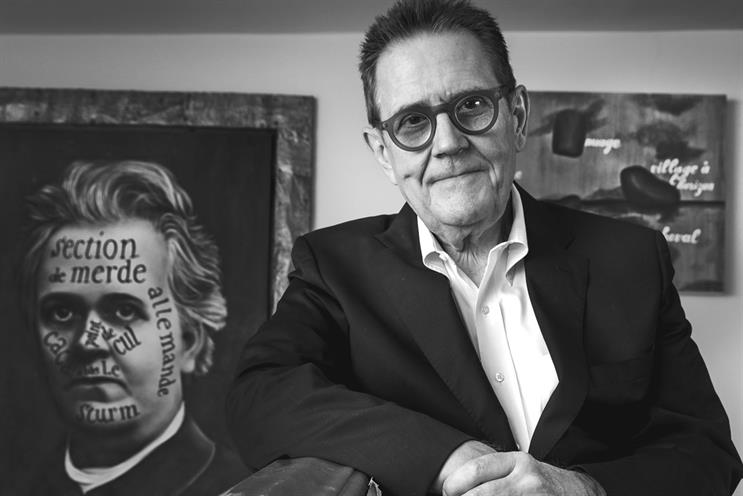In 1985, Sting released the track Russians.
It was the height of the Cold War and the song summed up nuclear hysteria.
It began with an ominous intro by Prokofiev, and then the main chorus was: “I hope the Russians love their children, too.”
One of the lines was: “Mr Khrushchev said: ‘We will bury you.’”
This was a famous quote that had fuelled the dread of nuclear war for 30 years.
The only problem was, it was a misquote, in as much as it wasn’t what Khrushchev meant.
In 1956, Khrushchev was addressing Western diplomats and he used the phrase: “My vas pokhronim.”
This was translated by his personal translator, Viktor Sukhodrev, as: “We will bury you.”
This phrase was extracted from that speech and headlined across Western media for the next three decades – it showed Russia just wanted to rain nuclear missiles down on us.
This is a perfect example of trying to communicate while living in separate bubbles.
Khrushchev lived in the bubble of Communism – for him, the struggle wasn’t between countries, the struggle was between ideologies, between the workers and the ruling classes.
That was the world Khrushchev lived in – he naturally assumed the entire world was as familiar with the works of Karl Marx as everyone in the USSR was.
That everyone knew the famous quote from the Communist Manifesto: “The proletariat is the undertaker (gravedigger) of capitalism.”
Khrushchev wasn’t referring to the East versus the West, he was referring to the working class versus the ruling class.
He was referencing the phrase: “Workers of the world unite, oppose our common enemy.”
But, of course, that wasn’t how it was heard by people in the West, who never read the Communist Manifesto, and it wasn’t how it was used by newspapers in need of a headline.
Khrushchev himself recognised the misunderstanding when it was too late.
In 1963, in Yugoslavia, he said: “I once said ‘We will bury you’ and I got into trouble with it. Of course, we will not bury you with a shovel. Your own working class will bury you.”
Khrushchev’s complete sentence was: “Whether you like it or not, we are on the right side of history. We will bury you.”
In 2018, New York Times translator Mark Polizzotti said that while the words may have been translated exactly, the sense was misleading.
What would have been more accurate was the phrase: “We will outlast you.”
That’s something we should learn – a translator’s job is not just to literally take one set of words and simply pass them on.
A translator’s job should be to understand the two different sets of circumstances, different sets of experiences, of expectations, of meanings.
To translate one meaning into the other.
Sukhodrev was recognised as one of the best interpreters; as he was dying, he summed up his career: “They formulated it. I just interpreted it.”
But everyone recognises that, in that case, he got it wrong.
He literally translated the exact words, but he didn’t interpret the meaning.
His mistake poured fuel on a situation that could have led to war.
What we do, thankfully, couldn’t lead to anything like that.
But we should learn from Sukhodrev.
Learn that we are useless unless we can empathise with the state of mind of the person receiving our communication.
It’s not just our job to speak correctly, it’s our job to make sure we’re heard correctly.
Dave Trott is the author of The Power of Ignorance, Creative Blindness and How to Cure It, Creative Mischief, Predatory Thinking and One Plus One Equals Three


